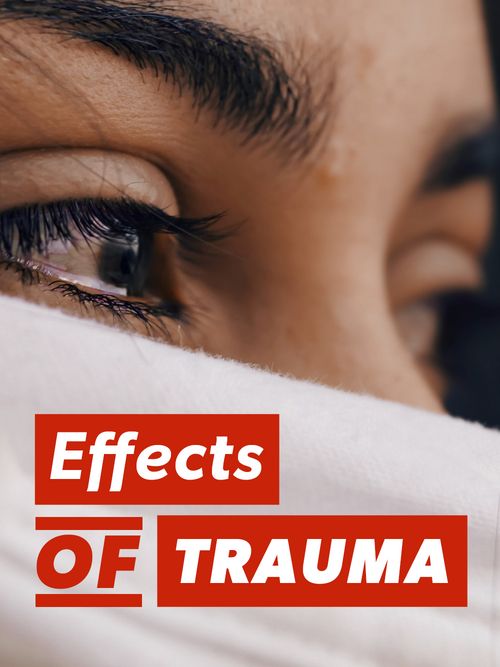What is trauma? And can you get over it?
Nov 02, 2020 · 9 mins read
0
Share

An introduction to how trauma works
Trauma is a fact of life that can damage the mind and body in extreme ways, literally rearranging the brain’s wiring. Extensive research has shown that traumatic stress disorder is a condition that not only alters the ways someone thinks and acts, but also their capacity to think and act.
Save
Share
When the part of our brain responsible for emotional and rational regulation works well, we are in a natural state of wellness. But when its ability to function optimally is impaired by, say, intense emotions induced by traumatic stress, we are thrust into a state of emotional emergency.
Save
Share
An almond-shaped clump of neurons buried deep in the limbic system – the amygdala – causes us to either fight off a threat, flee harm, or freeze in place. At the same time, this emergency state slows processing in the rational brain and hampers our ability to access executive functions.
Save
Share
Many threats or events that spark these kinds of reactions in us are not actually life-threatening, but our brains and nervous systems experience them as such. This is why sexual abuse, for instance, can be so devastating. It gets through our mind’s and body’s natural defenses and destroys our sense of self.
Save
Share
Our nervous system collects, processes, and interprets sensory input, both from our body and our external environments. Traumatic stress, however, causes the sympathetic nervous system to repress core functions that regulate the body. So when we feel threatened, our physical wellbeing is also at risk.
Save
Share
Traumatic stresses linger across time, creating deep mental wounds. The stress of adverse childhood experiences, for example, impairs neurons and neural pathways that connect different parts of the brain, undermining a person’s ability to engage with the world.
Save
Share
In the 1980s, Dr Vincent Felitti of the San Diego Medical Center interviewed 286 obese patients and found that most of them had been sexually abused in childhood. Excessive eating became a way for them to soothe the fear, anxiety and depression triggered by memories of the abuse.
Save
Share
Their body large mass, Felitti discovered, also acted as a shield against unwanted sexual interest. It helped them to cope with life in adulthood, even though it was linked to a set of life-threatening maladies including heart disease, diabetes, and hypertension.
Save
Share
Felitti undertook a larger study of Adverse Child Experiences, now commonly known as the ACE, by interviewing over 17,000 Americans. Two-thirds of interviewees had at least one adverse experience impact on their lives. Having six brought a nearly 5,000% increased likelihood of suicide attempt.
Save
Share
The effects of trauma are far more widespread than most of us realize. An estimated 70% of US adults have experienced trauma at least once in their lives. However, that doesn’t mean it’s easily understood. But the more we can learn about it, the more we can reduce its stigma.
Save
Share
0